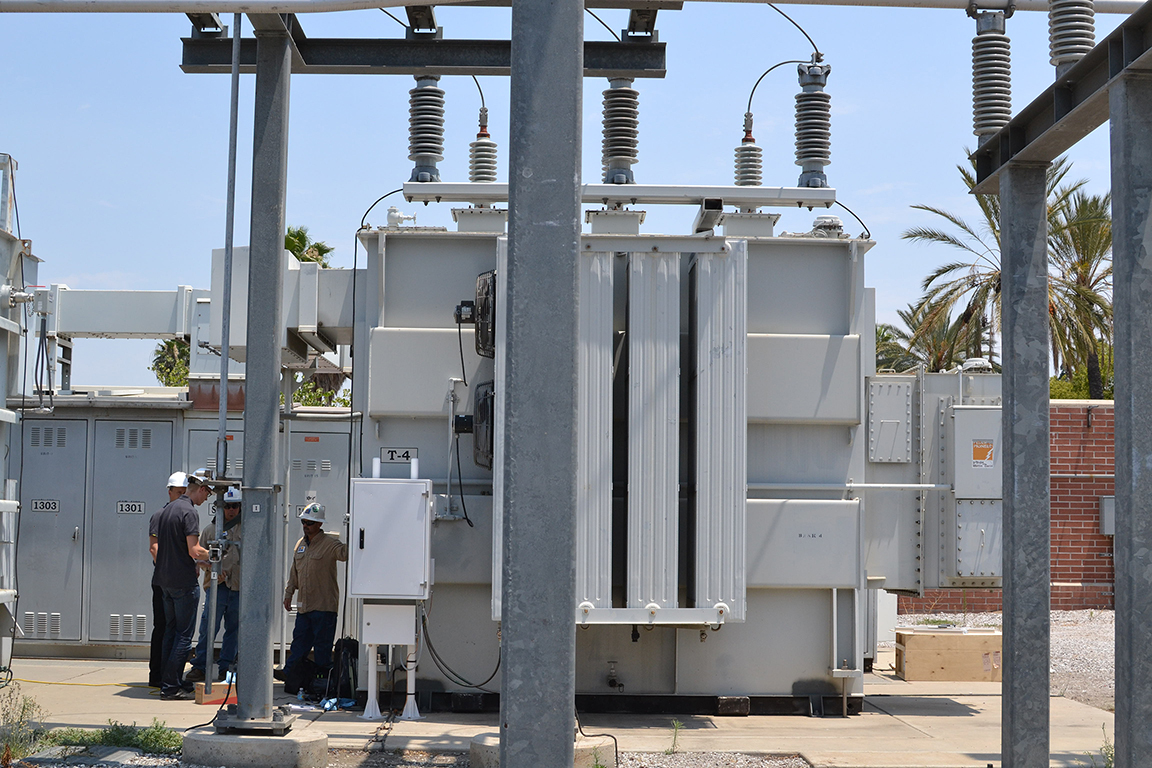More excavation searches benefit asset owners
Richard Broome, managing director at LSBUD (Linesearch BeforeUdig), an online asset search facility, discusses its recent report, "Digging Up Britain 2019" and its findings on safe excavation work in the utilities industry.
6th December 2019 by Networks

Unintentionally striking a gas pipeline or electrical cable during excavation work can have a substantial effect on both the teams undertaking the digging and the asset owners. The health and safety implications from a personal perspective are huge, whilst companies face possible infrastructure damage, customer disruption and impairment to reputation.
Over the last 12 months, we have seen a vast increase in the number of searches for underground pipes and cables taking place prior to any excavation work. In Great Britain there are approximately 4 million excavation projects taking place each year, with 2.6 million of those being searched for on our portal last year. This means that 62 per cent of all excavation work is preceded by a thorough search for underground assets.
Part of this increase is undoubtedly because more utility owners are now LSBUD members. Of the UK’s 1.5 million kilometres of underground utility infrastructure, more than 800,000 km are covered by our collaborative portal, a 23 per cent increase on last year.
In fact, the portal receives one search every 12 seconds, a level that can be attributed to having good collaboration with the distribution network operators (DNOs) and gas distribution networks. Currently, over 60 per cent of the UK’s electricity and gas networks – a 20 percent increase on last year – have registered their assets. What we are seeing is a “safety by numbers” effect – the more asset owners register their assets, the more enquiries each member receives.
That being said, nearly four in ten projects are taking place without proper searches – leaving workers and the UK’s utility infrastructure at risk. We calculate that a spade or digger is striking the ground every 21 seconds without a search having been completed.
Biggest threats
As was the case the year before, the biggest threat to utility assets in terms of excavation volume comes from telecoms companies: major telecoms operators and their contractors completed 881,000 search enquiries in 2018, making up 34 per cent of total searches. These numbers have been boosted by the government’s drive to roll out better broadband.
Water companies generated the second highest volume of searches, with more than 574,000 being made in 2018, accounting for 22 per cent of the total. With £50bn due to be spent between 2020 and 2025 on reducing leakages, this number is also likely to rise over the next five years. Work on Great Britain’s highways also grew by 18 per cent, with 360,000 searches in 2018.
Impact of strikes
Accidentally hitting an electrical cable or a gas pipeline can clearly cause life-changing injuries to workers – and this is of course the biggest concern. According to Digging Up Britain 2019, the last six years saw 3,972 injuries, including fatalities, caused by asset strikes. This is only the number reported to the Health and Safety Executive, not including incidents that were ignored or unreported.
Assets which have been struck also need to be repaired, while the asset is also out of action while the work is completed. Indirect costs, such as worker ill-health, traffic disruption, impact on the neighbourhood, loss of custom to local businesses can be added to the cost of the strike. In fact our report highlights that the true cost of an asset strike is 29 times the direct cost: for every £1,000 of direct repair costs, the true cost is £29,000.
As well as the human and financial impact, an asset strike can also result in considerable damage to the reputation of the utility company. Irrespective of who’s responsible, disruption affects customer perception, and social media means that a complaint can quickly reach a wide audience.
All asset owners should make sure that their pipe and cable networks can be easily accessed on a central resource, such as the LSBUD portal. Utility companies and local authorities need to ensure that all contractors working on their behalf make an enquiry before any digging work takes place. Searching is free and quick for the user – and makes the UK’s networks and workers safer.
Comments
Login on register to comment
Related content

Gas
Cadent backs launch of major bio-CNG HGV refuelling station
Gas network’s £250,000 infrastructure investment ensures supplies to existing connected customers have not been impacted

Gas
Editor’s blog: The biggest tests of resilience are yet to come
Network content director Jane Gray reflects on the industry's coronavirus response to date and the challenges still to come.

Gas
From the front line: Chris Garside and Andy Simcoe, Northern Gas Networks
Key workers across the power and gas networks are playing a critical role in the national response to Coronavirus. Network has committed to profiling their stories.
Related supplier content

Gas
Zero Harm supplement
'31.2 million working days were lost to work-related illness and workplace injury between 2016 and 2017' *(Health and Safety Executive)

Gas
Network explains heat networks
Commonplace in Europe and gaining in popularity here

Gas
Vaisala Optimus provides Continuous Monitoring of Gassing Transformer
Leading industrial measurement provider Vaisala collaborates with Fingrid (Finland's national transmission system operator). Their study demonstrates that